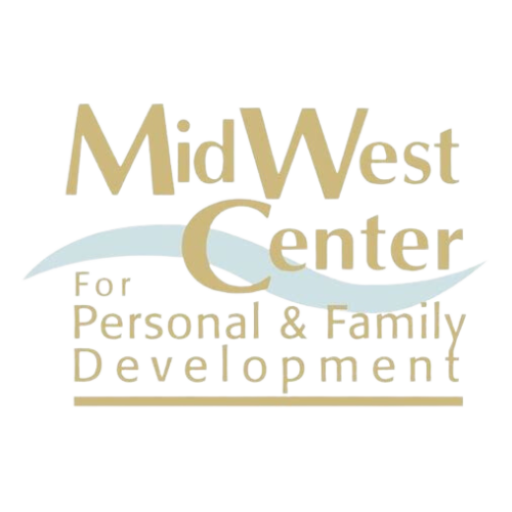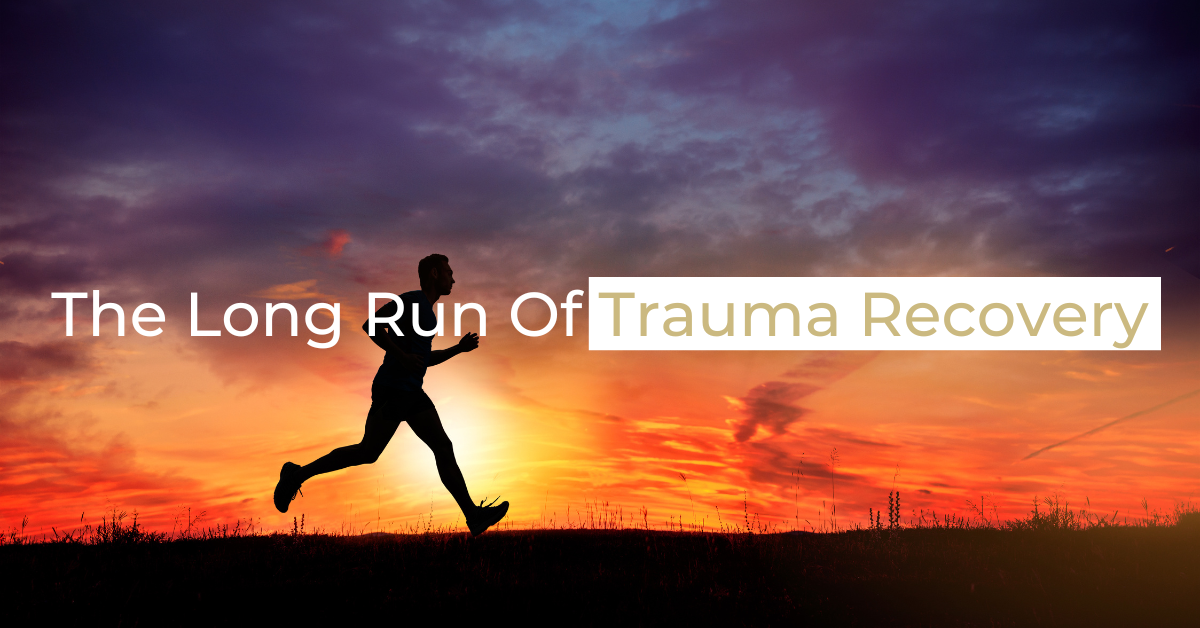There’s an old joke that asks, “How can you tell if someone is a runner?” And the answer is, “Don’t worry, they’ll tell you.” Harsh, but fair. As a runner, I do talk about it a lot, and most people who know me know there’s almost no situation I can’t come up with SOME type of running metaphor or comparison for. I try not to be too obnoxious, but the fact is I just love it.
That’s why it was so difficult for me last fall when a hip injury derailed me mid-training cycle and sidelined me from a race I’d been looking forward to all year. For awhile I tried to pretend it wasn’t as bad as it was, but it reached a point where even just walking hurt and friends could see me visibly limping. One ortho urgent care visit later, I had my injury diagnosed and was instructed to take a weeklong break and then begin physical therapy.
Physical Therapy and I had a complicated relationship. I liked my PT herself very much, but the exercises I had to practice frustrated me (and hurt), I was wildly impatient and constantly wanting to push myself further than my body was ready to go, and I was mentally berating myself the whole time for being “weak” and getting injured and not healing fast enough. And then one day during a mobility assessment my PT told me something that absolutely blew my mind and completely clicked with what I know about trauma survivors and trauma recovery.
She told me, “Your problem has never been muscle weakness, it’s muscle imbalance. Certain muscles of yours are SO strong–stronger than average–that they’re dominating by default and not letting these other muscles play their role. It takes gentle, gradual, intentional focus on strengthening these other muscles so your extra strong ones stop trying to always be in control. It’s not a character judgment or an inherent negative or liability that the strong muscles are extra strong, that’s actually kind of amazing. But if we aren’t intentional about strengthening the others and learning to let them play their role, the imbalance continues. And that’s how athletes get hurt.”
This is trauma recovery. Much like my hip injury, when we’ve experienced trauma, we may be very tempted to try to minimize how painful it is or how much it is impacting us, and we might feel ashamed and feel “weak” for struggling with it and for how our trauma responses are showing up in our lives. But, similar to my PT’s point about my muscles, our trauma responses and survival skills aren’t negative or an inherent liability – they have been so finely honed and strengthened because they had to be, to help you survive.
Now we need the gentle, gradual, intentional focus on the less developed skills and practices and internal parts to help balance us out, now that we’ve survived. It’s not that we have to get rid of the old stuff, or condemn it. We just have to let other parts of ourselves play their roles, too, to prevent further injury. It may be a slower process than we’d like, especially if you (like me) are understandably a bit impatient. It may have some bumps along the way, some stops and starts, some necessary breaks, some plateaus, and some eye-rolls at people who use cheesy metaphors to talk about it (oops…sorry). But if we commit to showing up for ourselves and showing ourselves self-compassion along the way, we can heal. And eventually, one day at a time, one step at a time, we can get back out running.

